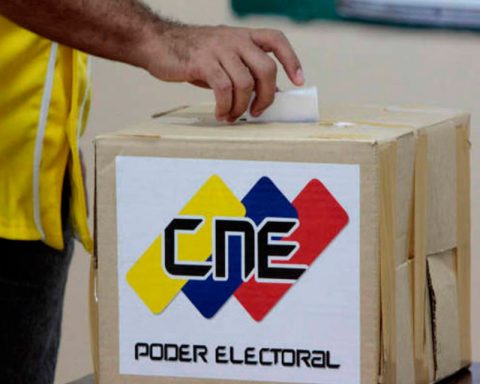The tautology that power can is a basic requirement of all established authority. An impotent power is a nonsense not only logical, but also social. Power is required to act, to impose itself, to do what it is expected to do, so it is common for discontent with certain problems to express itself with indignation in the accusation that the authorities do nothing.
But to the demand that power can be added in modern politics that it cannot do so much. The complexities of democracy will stubbornly insist on controlling the authorities and limiting their possibilities of action.
The proposal for a new Constitution, on which bets of approval or rejection are already being crossed, is quite generous in the normative introduction of new value orientations whose respect is demanded as a right, such is the case of the relevance that the gender perspective acquires , the recognition of native peoples, the defense of nature, the appreciation of animals and other recognition of emerging values. It also recovers classic claims in terms of guaranteeing social rights such as education, health, housing and social security.
The issue is that the drift of the democratic claim introduces regulations in the political system so that the authority can less and less. There are not only the rights before the power, but the division of powers, the autonomous organisms, the controls of the power, the procedures of balance, the limitations. The political system is becoming slower and heavier.
To the consideration of these general parameters, which contribute to the definition of a political system, its potential and controls, must be added a series of provisions that deepen its characterization in terms of the predominance of a diminishing authority, as is the case of the indigenous territorial autonomies and the need to have the approval of the original peoples in those matters or matters that affect their rights recognized in the Constitution, a deepening of regionalization and local power, the generalization of collegiate political instances, the public hearings of the authorities, citizen consultations, national, regional and local referendums, in the popular initiative of law or for repeal of law, in new autonomous organisms.
Although it cannot be denied that greater citizen participation and distribution of power can be understood as greater democratization, it is also necessary to consider that a political system must have the capacity to make decisions and impose that decision, or it is inefficient in dealing with the tasks and problems that precisely justify the existence of authority.
But the problem is not only in the difficulties of reconciling efficiency with participation, but it is also necessary to consider the social context in which it is intended to increase the distribution and participation in political power. It is a social context of strong and widespread political apathy in terms of institutional participation.
All the attempts that have been made to excite citizens have failed: compulsory voting, voluntary voting, the binominal system, the proportional system, the election of regional authorities, gender parity, quotas for native peoples, promotion and facilities for independent candidates. Any. Participation in the election of conventional constituents did not exceed 40%
In any case, it is very difficult for the consolidated trend towards depoliticization to be reversed in the short term. So it seems unlikely that the multiple instances of participation that the new Constitution would establish, if approved, will be effectively used by the vast majority of the population. On the contrary, they can rather be taken over by consistent minorities to impose particular interests, which could once again undermine the legitimacy of the system, generating new possibilities of fracture.
It is very complex to define the balance of a political system in the face of the assessment that citizens regularly make both for democratic participation and for the effectiveness of the action of the authorities to solve the problems of those same citizens. Even more complex is the fact that participation is demanded, but there are very few who actually participate, because they rather expect someone to take charge, but to do it well.
The design of the proposed political system seems to place a strong emphasis on increasing citizen participation and greater control over the authorities, but if the tautology that power can is not fulfilled, we would be in a strange situation.
Read here the article in its extended version: Meditations on the political system

















